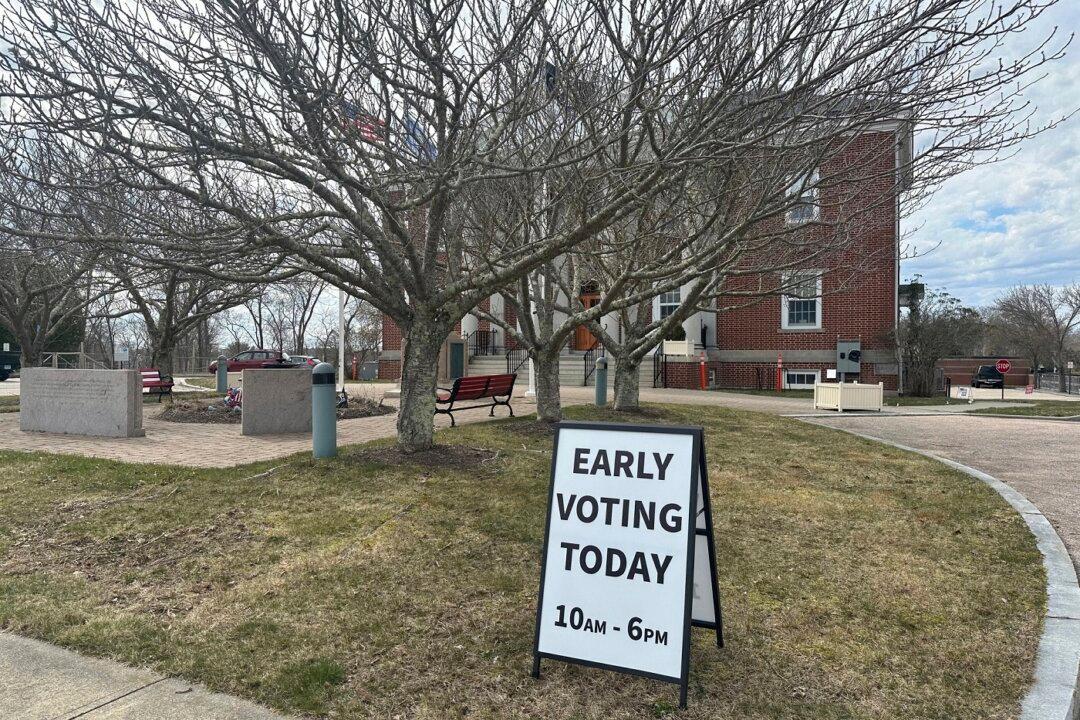Delaware is asking the state Supreme Court to overrule a recent Superior Court decision that declared the state’s practice of allowing 10 days of early voting and the option to vote absentee in perpetuity violated the state constitution.
The Delaware statute expanded Election Day beyond the constitutionally designated day, and the permanent absentee voter law does not conform to constitutional requirements, ruled Superior Court Judge Mark H. Conner.





